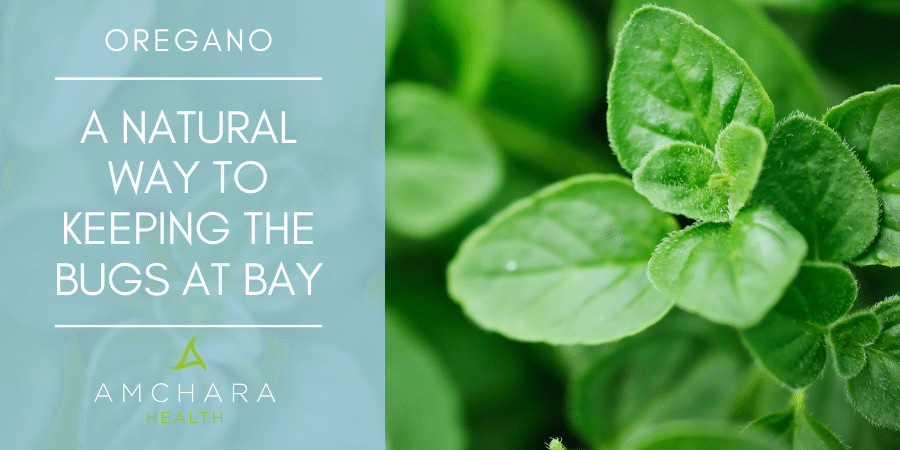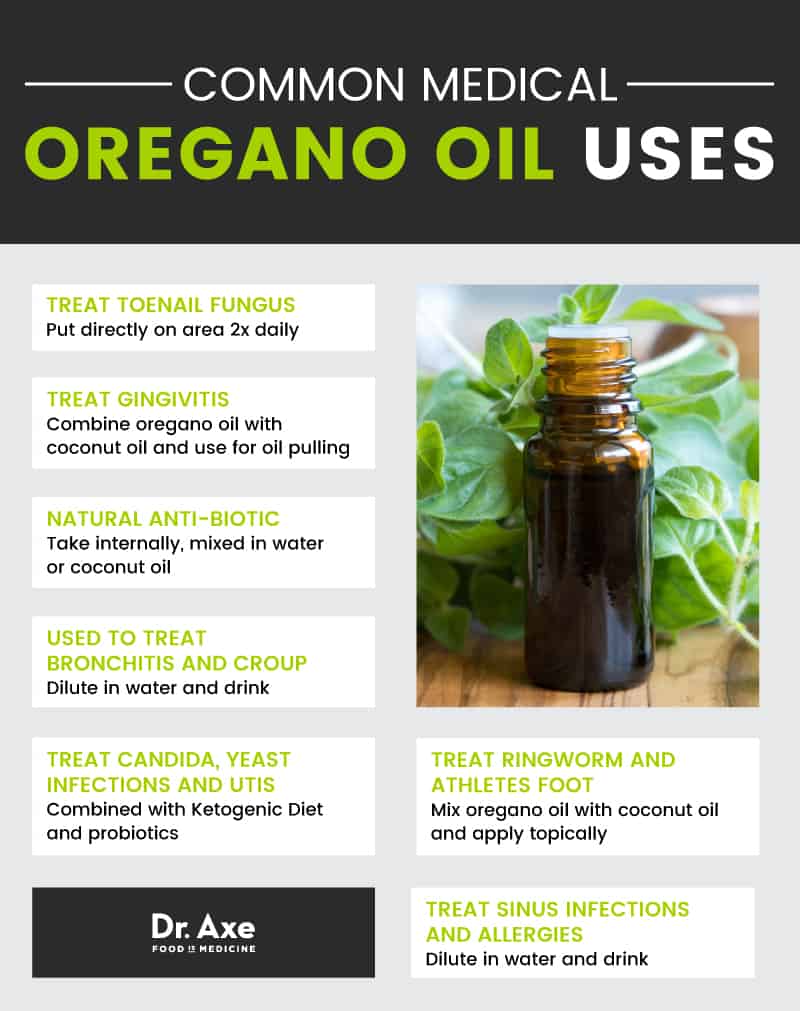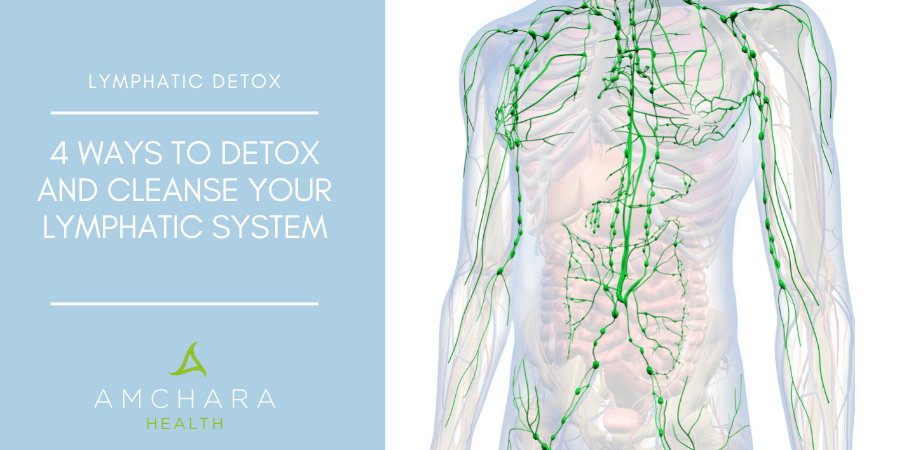Everyday culinary herbs that we often take for granted can be incredibly effective at deterring a whole host of harmful bugs.
They can take up residence in an otherwise healthy gut and can even help to combat drug-resistant microbes.
An imbalance in gut bacteria and intestinal infections cause localised inflammatory problems as well as systemic health issues.
The great advantage of incorporating culinary herbs such as oregano in your daily diet is not only their effectiveness against a wide range of micro-organisms but also their use against drug-resistant bugs and the positive effects they exert on the digestive system.
Oregano (Origanum vulgare) [1] belongs to the aromatic Lamiacea family which also includes other familiar kitchen herbs such as rosemary, sage, mint, thyme, and lemon balm.
Many of these herbs have traditionally been used for their health benefits, as well as condiments.
The most potent oregano variety can be found growing in the mountainous regions of Eastern Mediterranean areas and is an essential ingredient in Mediterranean cuisine.
Herbs from the Lamiacea family have traditionally been used for their health-promoting properties.
Egyptians once used oregano to conserve food and clean wounds. In ancient Greece it was used to treat, asthma, spasms, lung disease and ulcers.
Nowadays modern Greeks still use it in tea as a folk remedy for colds, sore throats, flu and a range of stomach and intestinal problems.
It is also a popular herbal remedy currently used in both France and Germany.
But before you start wading through your spice drawer, it should be noted that it is the oregano oil that provides oregano with the majority of its health benefits. [2]
Fresh oregano shouldn’t be dismissed entirely though, it appears to be more potent than dried herbs but can be chopped and frozen in an airtight container and kept for up to three months.
Heating destroys the aromatic oils in oregano so for cooking purposes it should be added towards the end.
Constituents of Oregano Oil
Although the composition of European essential oils can vary greatly, the four common constituents they possess are carvacrol, gammaterpinene, p-cymene and thymol, as well as other beneficial ingredients including rosmarinic acid, and flavonoids such as naringin.
Thymol represents only a small percentage of oregano oil in comparison with carvacrol.
Natural variations in concentration occur in all plants.
Carvacrol is one of the most researched constituents of oregano and has been used for many years in cleaning products to disinfect work surfaces.
Thymol is also an ingredient in the mouthwash Listerine.
Benefits of Oregano Oil
Interest in traditional herbal remedies has recently been revived due to the emergence of antibiotic resistant fungi and bacteria.
(Infographic by: Dr Axe)
Modern drugs are failing to offer protection as they once did which is forcing scientists to search for new solutions and where better to look than in the fields and gardens that surround us!
Many plant-based substances have been found to have broad-spectrum therapeutic uses against a range of bacteria, fungi, parasites, yeast and also viruses.
The carvacrol rich essential oil extracted from oregano appears to offer versatility and efficacy against all of these microbes and could be helpful for:
-
Maintaining healthy gut flora
Oregano is an excellent remedy for getting rid of the unhealthy bacteria that produces wind and bloating as well as effectively killing off intestinal parasites.
The anti-parasitic effects were demonstrated in a trial where an emulsion of 600mg oregano oil was given daily over 6 weeks to participants diagnosed with intestinal parasites:
Blastocystis hominis, Entamoeba hartmanni and Endolimax nana.
Thirteen of the 14 patients completed the treatment and of those, parasites were completely eliminated in 10 patients and significantly decreased in the remaining 3 patients.
Seven of the 11 patients with Blastocystis hominis found their stomach and intestinal symptoms had improved.
-
Controlling fungal infections
Oregano is one of the most powerful natural antifungals, and can be a very effective addition to a treatment protocol for candida.
Oregano oil used in trials has been found to inhibit the production of aflatoxins and prevent the growth of Aspergillus – a common mould.
In a further study where a comparison was made between the essential oils carvacrol and thyme found in oregano – it was discovered that both completely inhibit fungal growth of the Penicillium and
Aspergillus species. Further research has also demonstrated that oregano oil can effectively inhibit the growth of candida which is thought to be due to its carvacrol content.
-
Fighting stomach infections
Oregano has been found to be an effective natural agent against Helicobacter Pylori (H. Pylori).
An overgrowth of H. pylori in the gastrointestinal tract is known to be a primary cause of gastric ulcers and long standing infections can lead to gastric cancer.
Several studies have documented the potent inhibitory actions of oregano against H. pylori.
In one small trial where 39 patients with H pylori were treated with natural products including oregano oil;
29 of those showed complete eradication of the infection following the two week study.
Additionally all of the successfully treated patients found an improvement in their initial symptoms of dyspepsia or IBS type symptoms.
Oregano is thought to work by inhibiting the way H. Pylori produces chemicals that neutralise acid in their vicinity allowing them to survive.
-
Digestive health when travelling
Giardiasis caused by Giardia lamblia is a major diarrhoeal disease found globally, but is particularly widespread in areas of the world where sanitation is poor and access to clean water is limited.
Travellers are one of the high risk groups for contracting giardiasis, which often happens due to consumption of local drinking water.
Oregano oil is worth considering as a potential travel companion to help prevent infection from food and waterborne pathogens in parts of the world where hygiene may be a concern.
It can also support the body to recover from food poisoning and protect the gut from subsequent infections.
In vitro research has identified that oregano oil can be a useful therapeutic tool for the treatment of Giardia lamblia and was shown to be superior to a commonly used antibiotic medication.
The success of oregano oil was attributed to the high content of volatile oils thymol and carvacrol which were able to kill off a substantial number of parasites and block their adhesive characteristics.
These powerful essential oils have also been shown to inhibit the growth of bacteria Staphylococcus aureus, Escherichia coli and Klebsiella.
Furthermore they are also potent anti-fungal seen to be effective against Candida albicans.
-
Maintaining optimal health of the respiratory system
The powerful antimicrobial effects of oregano make it an effective treatment for a number of respiratory health conditions.
It is commonly used to treat spasmodic coughs and asthma and research suggests that oregano oils possess potent anti-influenza virus activities.
According to studies oregano is one of several aromatic herbs that have a direct effect on the respiratory tract, reducing congestion and calming coughing reflexes.
Safety
Oregano oil is contraindicated in pregnancy and lactation.
Because this oil is very potent it should not be used in cases where there is significant ulceration or inflammation as being such as strong anti-microbial it may result in a burning sensation.
Dosage
The most common dose of oregano oil is 2-3 drops, 3-4 times a day for acute conditions, followed by 2-3 drops twice daily as a maintenance dose.
Capsules: 1 x 150mg capsule 3 x a day.
For parasitic infections you may need between 50mg-200mg, 3-4 times a day, initially (1-2 weeks), then gradually reduce the dosage as symptoms improve.
Always take advice and guidance from a qualified health practitioner first.
For respiratory infections, oregano can be mixed with water to use as a gargle for sore throats (thymol is an ingredient in Listerine mouthwash).
If you want to minimise the risk of infections oregano is the perfect solution.
This amazing therapeutic herb offers an effective and inexpensive source of potent natural antimicrobial agents with health-promoting properties.
READ THIS NEXT:





